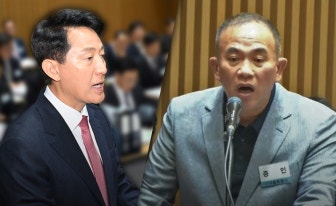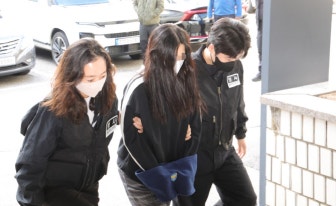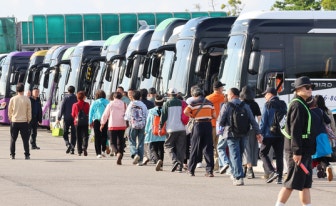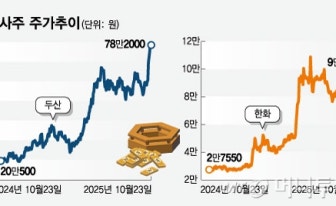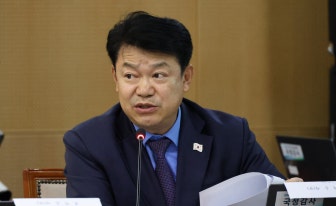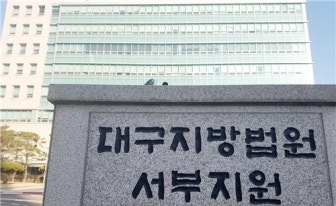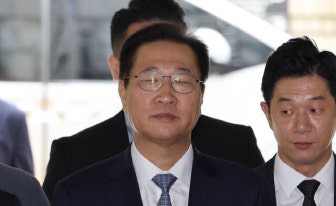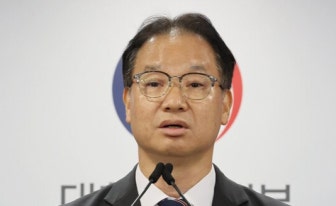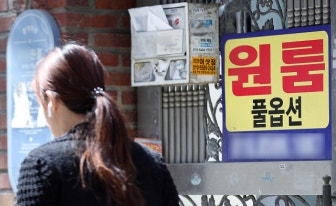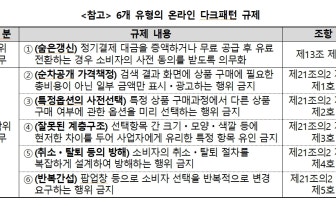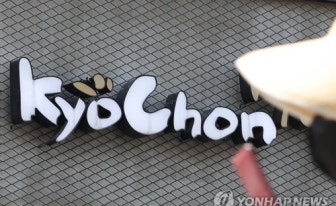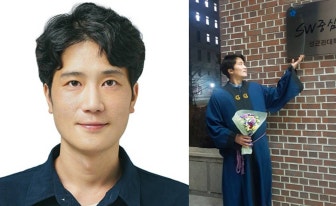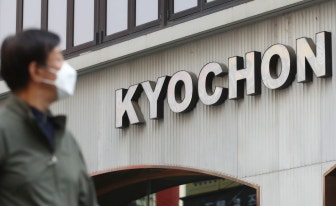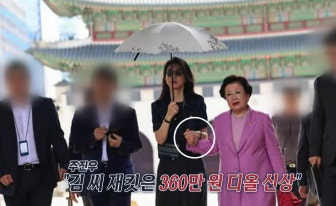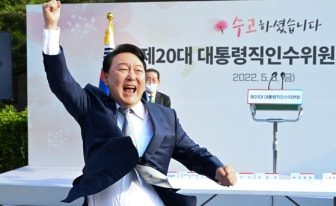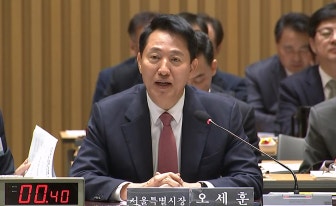Lee Sang-ryeol
The author is a senior editorial writer at the JoongAng Ilbo.
A growing public outcry over recent cases in Cambodia — where Korean university students were tortured and killed, and young people were reportedly held hostage — reveals more than isolated criminal acts. It points to what many see as a profound dereliction of duty by the Korean government.
Reports say that hostages in criminal complexes sent distress emails to Korea’s embassy, to no response. In one case, a plea for rescue ended with a message to “contact the Cambodian police yourself.” The lack of urgency from Korea’s diplomatic corps has intensified public outrage.
The scale of overseas kidnapping reports has soared. The Ministry of Foreign Affairs and Korean diplomatic missions received just one report for Cambodia in 2022, 17 in 2023 and 220 last year. From January to August this year, the number reached 330. Yet the government’s emergency alarms remained silent. Protecting citizens should be a core responsibility of the state. The Foreign Ministry and overseas missions, critics say, crossed the line from bureaucracy into abdication. At a parliamentary hearing, Foreign Minister Cho Hyun said he only learned the severity of these incidents last week. Such delayed recognition would be unacceptable in a functioning administration.
But another factor lies behind the crisis: the lack of high-quality jobs for youth. Many who traveled to Cambodia did so lured by promises of high income. Even today, job boards carry ads claiming monthly earnings of tens of millions of won to attract young job seekers.
Some may blame these victims for trusting criminals. But that line of criticism ignores the harsh reality young people face in Korea’s job market. In August alone, employment among youth (ages 15–29) fell by 219,000 from the previous year — the largest drop since the Asian financial crisis in the late 1990s. Stable manufacturing jobs, long seen as a backbone of middle-class employment, shrank for the 14th straight month, losing 61,000 positions. Among those employed, many are in insecure jobs. From 2015 to 2024, the share of nonregular workers among all workers rose from 32.4 percent to 38.2 percent. Among ages 15–19, the share jumped from 74.3 to 89.9 percent, and among 20–29 from 32.1 to 43.1 percent. The polarization of Korea’s labor market is notorious. Non-regular workers fare worse in pay, benefits and stability, and transfers to regular status are rare. In effect, over 40 percent of young workers begin their careers amid uncertainty and hardship.
After only about four months in office, President Lee Jae Myung’s administration claims urgency in creating quality jobs. It passed the “Yellow Envelope Bill” as if it were a military operation and is pursuing an extension to the retirement age and a 4.5-day workweek. But these policies arguably benefit existing full-time workers — not the many youths still searching for their first job. If these initiatives burden businesses and erode competitiveness, they might endanger existing jobs as well.
The presidential office may call executive-level meetings with top corporate officials or make public appeals for expanded youth hiring. But firms are squeezed externally by U.S. tariff pressures and competition from Chinese companies, and internally by anti-business policies. In that climate, it is difficult to see many ramping up hiring as before.
One of the U.S. demands is a $350 billion investment push with an implicit instruction: build U.S. manufacturing jobs and create quality jobs at home. Yet Korea already leads in U.S. job creation. Through foreign direct investment and other means, Korea generated 17,909 U.S. jobs last year and is expected to create over 24,000 this year, mostly in roles paying over $100,000 annually. In effect, Korea is exporting quality jobs to the United States while still suffering domestic shortages. The Trump administration’s blunt demand of an ally to create jobs at home is harsh — but its commitment to jobs is a lesson.
Many young people are trapped in unemployment and debt. If the government wants to prevent Koreans from being pushed into foreign crime zones, it must begin with quality jobs at home. Neglecting the unemployed is the clearest form of government dereliction.
This article was originally written in Korean and translated by a bilingual reporter with the help of generative AI tools. It was then edited by a native English-speaking editor. All AI-assisted translations are reviewed and refined by our newsroom.

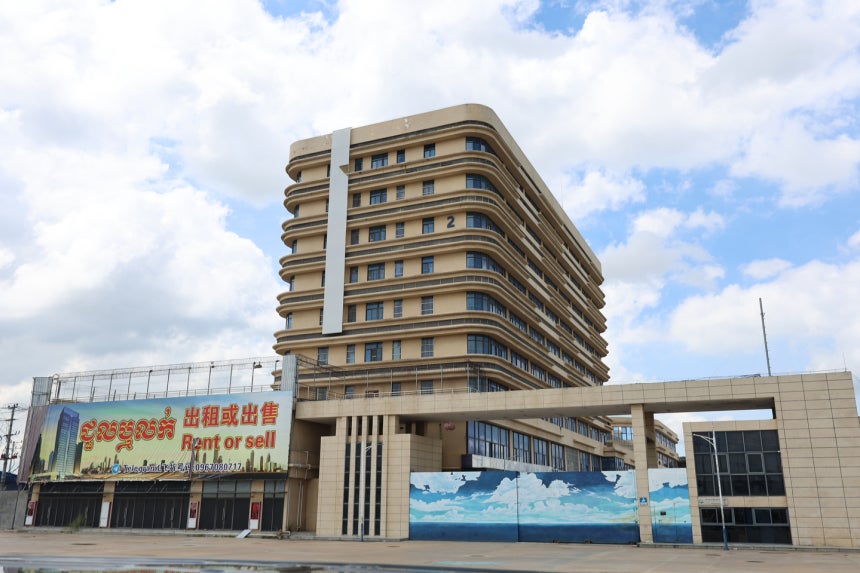
![Students walk past a job board at a university in Seoul on Sept. 10. [YONHAP]](https://imgnews.pstatic.net/image/640/2025/10/17/0000078354_003_20251017000310900.jpg?type=w860)


















